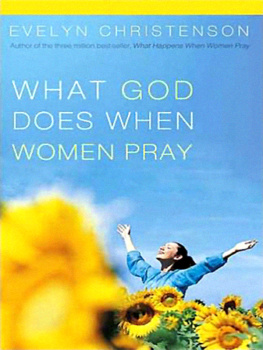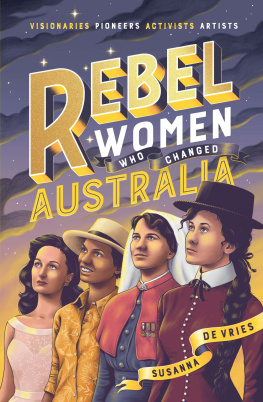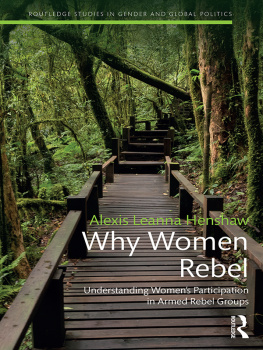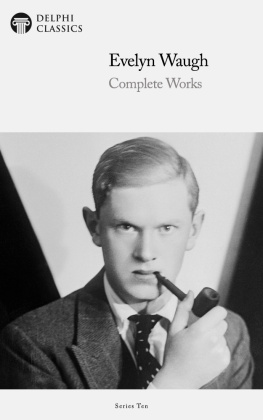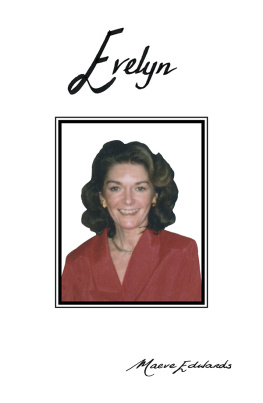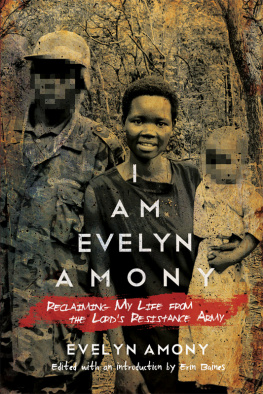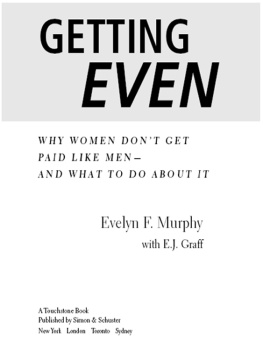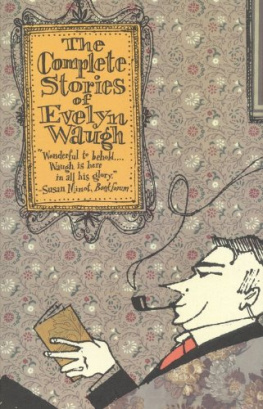I
The Women at the Gate
"Funny, isn't it?" said the young man on the top of the omnibus.
"No," said the young woman from whom he appeared to expect an answer, "I don't think it is funny."
"Take care," said the young man's friend, nudging him, "perhaps she's one of them!"
Everybody within hearing laughed, except the woman, who did not seem to be aware that they were talking about her. She was on her feet, steadying herself by grasping the back of the seat in front of her, and her eyes, non-committal in their lack of expression, were bent on the roaring, restless crowd that surged backwards and forwards in the Square below, where progress was gradually becoming an impossibility due to the stream of traffic struggling towards Whitehall. The thing she wanted to find was not down there, among the slipping horses, the swaying men and women, the moving lines of policemen; nor did it lurk in those denser blocks of humanity that marked a spot, here and there, where some resolute, battered woman was setting her face towards the gate of St. Stephen's; nor was the thing she sought to be found behind that locked gate of liberty where those in possession, stronger far in the convention of centuries than locks or bars could make them, stood in their well-bred security, immeasurably shocked at the scene before them and most regrettably shaken, as some of them were heard to murmur, in a lifelong devotion to the women's cause.
The searching gaze of the woman on the omnibus wandered for an instant from all this, away to Westminster Bridge and the blue distance of Lambeth, where darting lamps, like will-o'-the-wisps come to town, added a touch of magic relief to the dinginess of night. Then she came back again to the sharp realism of the foreground and found no will-o'-the-wisps there, only the lights of London shining on a picture she should remember to the end of her life. It did not matter, for the thing beyond it all that she wanted to be sure of, shone through rain and mud alike.
"Lookin' for a friend of yours, p'raps?" said a not unfriendly woman with a baby, who was also standing up to obtain a more comprehensive view of what was going on below.
"No," was the answer again, "I am looking at something that isn't exactly there; at least"
"If I was you, miss," interrupted the facetious youth, with a wink at his companion, "I should chuck looking for what ain't there, and"
She turned and smiled at him unexpectedly. "Perhaps you are right," she said. "And yet, if I didn't hope to find what isn't there, I couldn't go through with what I have to do to-night."
The amazed stare of the young man covered her, as she went swiftly down the steps of the omnibus and disappeared in the crowd.
"Balmy, the whole lot of 'em!" commented the conductor briefly.
The woman with the passionless eyes was threading her way through the straggling clusters of people that fringed the great crowd where it thinned out towards Broad Sanctuary. A girl wearing the militant tricolour in her hat, brushed against her, whispered, "Ten been taken, they say; they're knocking them about terribly to-night!" and passed noiselessly away. The first woman went on, as though she had not heard.
A roar of voices and a sudden sway of the throng that pinned her against some railings at the bottom of Victoria Street, announced the eleventh arrest. A friendly artisan in working clothes swung her up till she stood beside him on the stone coping, and told her to "ketch on." She caught on, and recovered her breath laboriously.
The woman, who had been arrested after being turned back from the doors of the House repeatedly for two successive hours, was swept past in the custody of an inspector, who had at last put a period to the mental and physical torment that a pickpocket would have been spared. A swirling mass of people, at once interested and puzzled, sympathetic and uncomprehending, was swept along with her and round her. In her eyes was the same unemotional, detached look that filled the gaze of the woman clinging to the railings. It was the only remarkable thing about her; otherwise, she was just an ordinary workaday woman, rather drab-looking, undistinguished by charm or attraction, as these things are generally understood.
"Now then, please, every one who wants a vote must keep clear of the traffic. Pass along the footway, ladies, if you please; there's no votes to be had in the middle of the roadway," said the jocular voice of the mounted constable, who was backing his horse gently and insistently into the pushing, struggling throng.
The jesting tone was an added humiliation; and women in the crowd, trying to see the last of their comrade and to let her know that they were near her then, were beaten back, hot with helpless anger. The mounted officer came relentlessly on, successfully sweeping the pavement clear of the people whom he was exhorting with so much official reasonableness not to invade the roadway. He paused once to salute and to avoid two men, who, having piloted a lady through the backwash of the torrent set in motion by the plunging horse, were now hoisting her into a place of safety just beyond the spot where the artisan and the other woman held on to the railings.
"Isn't it terrible to see women going on like this?" lamented the lady breathlessly. "And they say some of them are quite nicelike us, I mean."
The artisan, who, with his neighbour, had managed to evade the devastating advance of the mounted policeman, suddenly put his hand to his mouth and emitted a hoarse cheer.
"Bravo, little 'un!" he roared. "Stick to it! Votes for women, I say! Votes for women!"
The crowd, friendly to the point of admiring a struggle against fearful odds which they yet allowed to proceed without their help, took up the words with enthusiasm; and the mud-bespattered woman went away to the haven of the police station with her war-cry ringing in her ears.
The man who had led the cheer turned to the woman beside him, as though to justify his impulse. "It's their pluck," he said. "If the unemployed had half as much, they'd have knocked sense into this Government long ago!"
A couple of yards away, the lady was still lamenting what she saw in a plaintive and disturbed tone. Unconsciously, she was putting herself on the defensive.
"I shouldn't blame them," she maintained, "if they did something really violent, likelike throwing bombs and things. I could understand that. But all thisall this silly business of trying to get into the House of Commons, when they know beforehand that they can't possibly do itoh, it's so sordid and loathsome! Did you see that woman's hair, and the way her hat was bashed in, and the mud on her nose? Ugh!"



